Directory
- Share
Adam Clark-Joseph
- Alumni
- United States
- 2007 MPhil Economics (Option B)
- Wolfson College
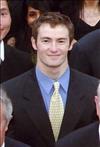
Adam Clark-Joseph
- Alumni
- United States
- 2007 MPhil Economics (Option B)
- Wolfson College
Previous Education
Yale University B.A. Mathematics 2007
Jane Clarke
- Scholar
- United States
- 2025 MPhil American History
- Jesus College
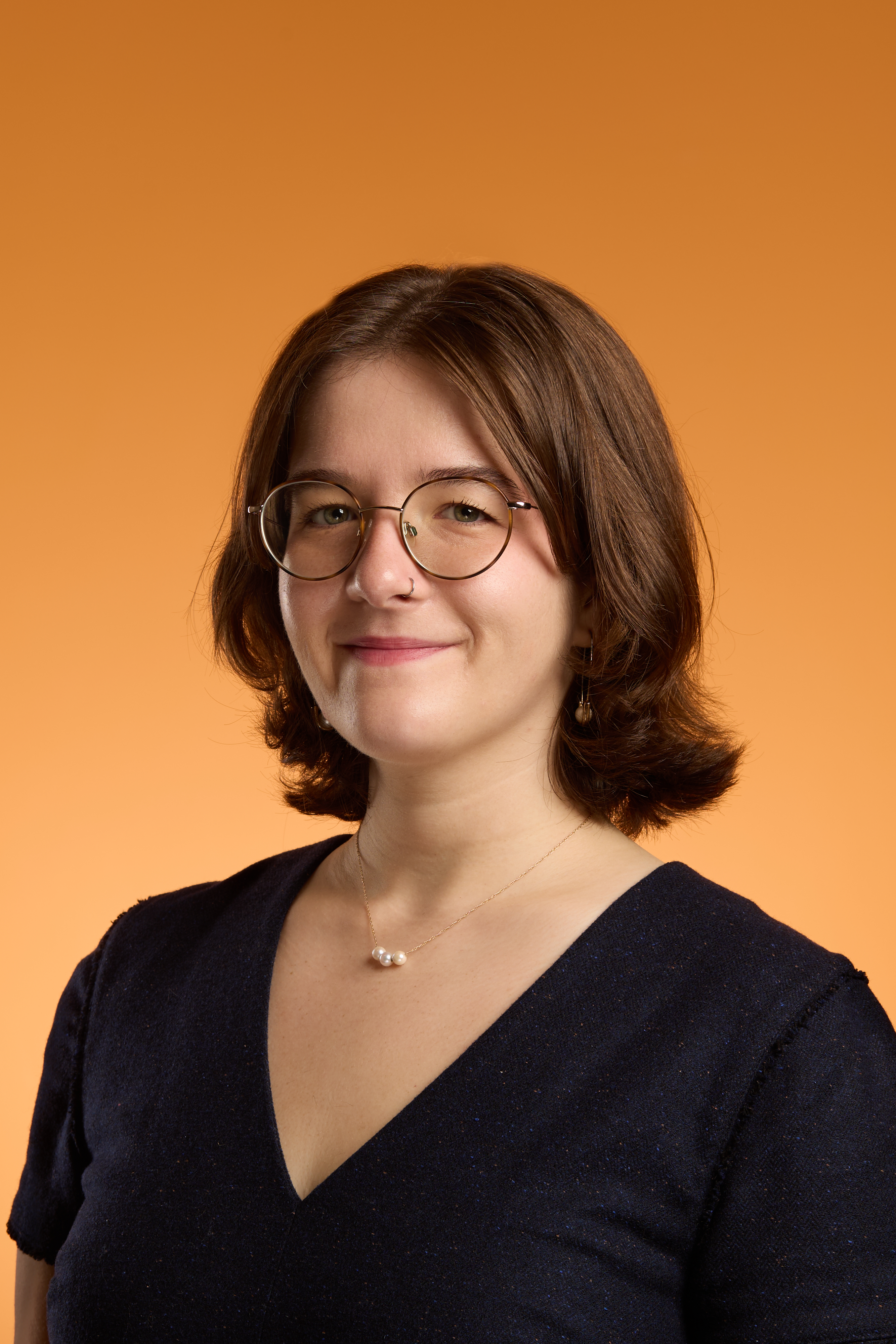
Jane Clarke
- Scholar
- United States
- 2025 MPhil American History
- Jesus College
I was born and raised in Chicago, Illinois, and received my B.A. in American Studies and History from Northwestern University. At university, I developed an interest in the history of American imperialism and the history of popular culture. I was particularly fascinated by the intersection of these fields–what could imperial themes in popular culture tell historians about how everyday people thought about their country’s empire? For my senior thesis, I explored ideologies of imperialism in popular American children’s texts from the first half of the twentieth century. I will continue this research at Cambridge, taking a comparative approach between American children’s books and classic British children’s texts. This research will shed light on the distinctive qualities of US imperialism at the popular level, not just the diplomatic one. I believe strongly in the impact of historical research, and have witnessed firsthand how a greater understanding of history can shape an individual's engagement with the world. After Cambridge, and with the support of the Gates community, I hope to not only share my research with the broader public but also strengthen a public commitment to historical engagement.
Previous Education
Northwestern University American Studies & History
Pepe Clarke
- Alumni
- Australia
- 2014 Mphil Conservation Leadership
- Hughes Hall
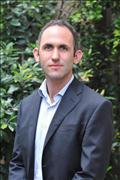
Pepe Clarke
- Alumni
- Australia
- 2014 Mphil Conservation Leadership
- Hughes Hall
I am passionate about nature conservation and sustainable natural resource management. For the past four years, I have worked as Chief Executive Officer of the Nature Conservation Council of NSW. I have a multidisciplinary background in environmental science, law and public advocacy. I have worked as a researcher, lecturer and public interest environmental lawyer in Australia, South America and the Pacific Islands, including work for IUCN, WWF, Conservation International and the Wildlife Conservation Society. Throughout my career, I have focused on the intersection between community rights and environmental protection, from public participation in environmental decision-making to community-based natural resource management. I am enthusiastic about the opportunity to study conservation leadership at Cambridge. The integration of environmental policy, business administration and leadership skills will provide a strong foundation for my future contribution to global conservation efforts.
Hannah Claus
- Scholar
- Germany
- 2024 PhD Computation, Cognition and Language
- Robinson College
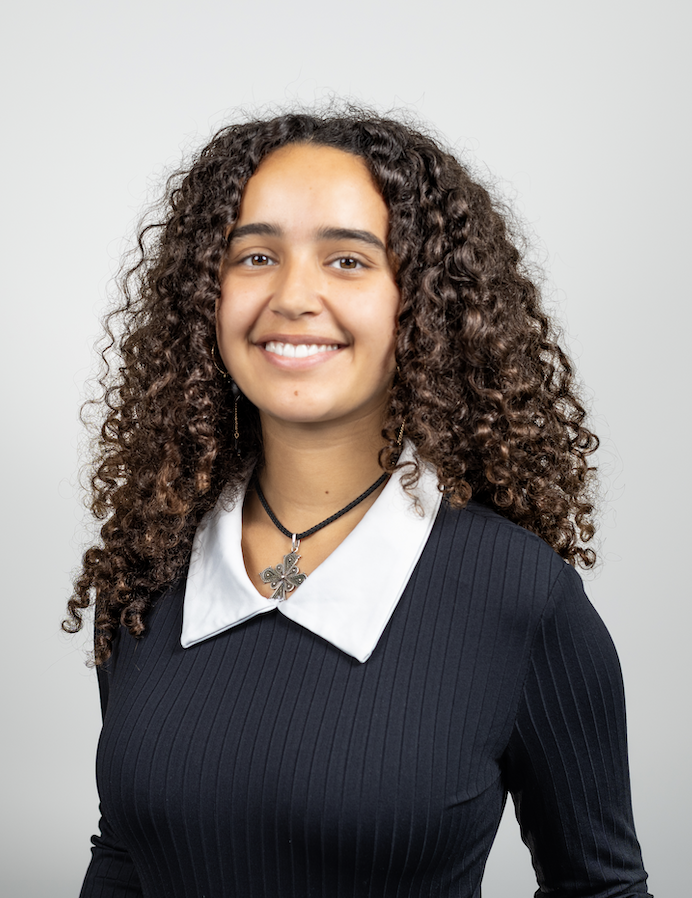
Hannah Claus
- Scholar
- Germany
- 2024 PhD Computation, Cognition and Language
- Robinson College
Acquiring knowledge and skills has always been a passion of mine. I first started coding at 13, being the only girl and person of colour in my course. I quickly realised that I had to work hard to earn my place in technology and AI. At the age of 15, I started visiting university lectures in various subjects ranging from Computer Science to Philosophy and Cybernetics. I quickly developed an interest in the complexities of AI. Thus, I completed a BSc in AI and Robotics and continued with an MSc in AI and Natural Language Processing. Simultaneously, I worked with a humanoid robot at the German Aerospace Center and later explored the societal impacts of AI at the Ada Lovelace Institute. I have been an active member of various organisations that raise awareness of algorithmic bias and AI literacy while empowering people from marginalised communities to follow their goals in AI. With a passion for bridging cultural and linguistic divides, I aspire to lead research initiatives through my PhD that contribute to the development of responsible and inclusive AI systems, ensuring that language technologies are accessible, fair, and culturally sensitive across diverse communities worldwide.
Previous Education
Queen Mary, University of London Artificial Intelligence 2023
University of Bedfordshire AI and Robotics 2022
Links
Thomas Clausen
- Alumni
- Germany
- 2014 PhD History
- Trinity College
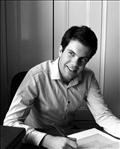
Thomas Clausen
- Alumni
- Germany
- 2014 PhD History
- Trinity College
I have graduated with a starred First in History from Cambridge in 2013 and continued to read for an MPhil in Political Thought and Intellectual History winning the Quentin Skinner Prize in 2014. Subsequently, I pursued a PhD under the supervision of Professor Christopher Clark on Roland Freisler, one of the most notorious jurists of the 'Third Reich'.
My academic interest lies with the role of political ideologies in history with a focus on Germany in the 19th and 20th century. In particular, I am intrigued by the interaction of ideas and arguments with the political, social and economic forces of 'real' history. My Bachelor thesis focussed on Ludwig Woltmann, who attempted to fuse neo-Kantianism, Marxism and Darwinism before developing a racialist view of history that became one of the corner stones of national socialist ideology. For my MPhil, I went back to Johann Gottlieb Fichte and Friedrich Buchholz, examining their differing visions of a future German nation in a post-Napoleonic European order. In particular, I looked at their understanding of reason of state, which served as a bridge between law, philosophy and practical politics.
For my PhD, I wrote a biography of Roland Freisler, who was a state secretary in the Reich Ministry of Justice before becoming the president of the so-called 'People's Court' in 1942. Although he is mostly know for his role in persecuting opponents of the regime, his involvement with National Socialism stretches back to the early days of the Weimar Republic when he defended party members in court and became involved in local politics. By examining Freisler's roles as a legal theorist, ideologue, bureaucrat, judge and political activist, I sought to contribute to an intellectual history of the 'Third Reich' whilst shedding new light on the image of Freisler in public memory. I have presented my research at academic conferences as well as the German Federal Ministry of Justice and Consumer Protection, the Topography of Terror Berlin, and the NS-Dokumentationszentrum Köln.
I have been a Prize Research Student at the Centre for History and Economics in 2013/14 and received scholarships from the Stiftung der deutschen Wirtschaft, the Studienstiftung des deutschen Volkes and the German Academic Exchange Service (DAAD) as well as a CHESS Allen, Meek and Reed award from the Cambridge Trust and a Gates Cambridge scholarship. I have also represented Cambridge twice in the annual esports varsity tournament against Oxford. From December 2018 to September 2019, I was a guest researcher (JEV-Stipendiat) at the Max Planck Institute for European Legal History in Frankfurt.
Since October 2019, I work as a policy advisor on research and education at the Liberal Institute of the Friedrich Naumann Foundation for Freedom in Berlin.
Previous Education
Trinity College, University of Cambridge Political Thought and Intellecutal History 2014
Trinity College, University of Cambridge History 2013
Links
Claire Clement
- Alumni
- United States
- 2004 PhD Medieval History
- St John's College
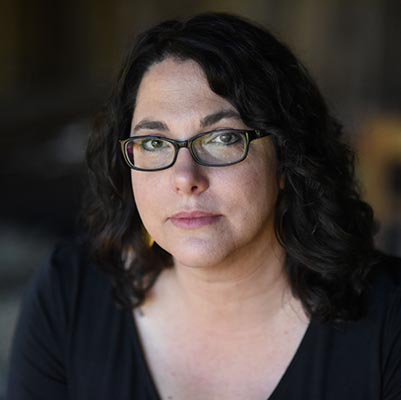
Claire Clement
- Alumni
- United States
- 2004 PhD Medieval History
- St John's College
Claire K. Clement writes at the intersection of philosophy, religion, science, and economics. Her interests include what humans will do for meaning after robots take our jobs, and which new religions might emerge from our multicultural ferment. Her current project is the book "Human Believing: God, Science, and Philosophy Across Cultures", which explores the big questions of life with a broad comparative and thematic approach, integrating ideas as wide-ranging as Mormon afterlife, quantum theory, Jedi beliefs, personality types, and the major world religions.
___
Her research at Cambridge focused on the spiritual, economic and social history of the late-medieval English Syon Abbey. (Title: “Processing Piety and the Materiality of Spiritual Mission at Syon Abbey, 1415-1539”). She further pursued her interests in the intersection of social sciences and religion by completing a master’s of urban planning with a focus on economic development, GIS, historic preservation, and women's mobility.
Mathijs Clement
- Scholar
- Belgium
- 2023 PhD Classics
- King's College

Mathijs Clement
- Scholar
- Belgium
- 2023 PhD Classics
- King's College
Out of a wide range of interests, I always return to Classical Studies as a unique mirror for better understanding today’s world. After obtaining a bachelor’s and a master’s degree in Latin and Greek at Ghent University, Belgium, the Flemish Government granted me funding (a ‘Fayat’ scholarship) to pursue an MPhil in Classics at Cambridge. I am intrigued by late antiquity – a period of lasting religious, political and sociocultural change. In my PhD, I aim to study two late antique authors, a church leader (Gregory of Nazianzus) and a professor of rhetoric (Ausonius of Bordeaux). With the generous help of Gates Cambridge, I hope to understand how these authors presented themselves in relation to the different places where they lived. Studying place, self-presentation, and migration in late antiquity will hopefully help to nuance our understanding of identity, not only in the past but also today.
Previous Education
University of Cambridge Classics 2023
Universiteit Gent (University of Ghent) Linguistics and Literature 2022
Universiteit Gent (University of Ghent) Latin - Greek 2021
Benjamin Clemenzi-Allen
- Alumni
- United States
- 2008 MPhil American Literature
- Corpus Christi College
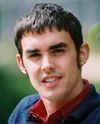
Benjamin Clemenzi-Allen
- Alumni
- United States
- 2008 MPhil American Literature
- Corpus Christi College
Throughout my undergraduate education, my research has focused mainly on experimental 20th-century poetry of the American and Russian traditions. Recently I have examined Language Poetry and Russian Formalism, Ezra Pound and structuralism, and Vladimir Mayakovsky's Bolshevik Futurism. In the American MPhil program I will explore how two modernist American writers' formal innovations were influenced by the British and European cultures they immigrated to, while focusing on their contrary but related approaches to poetic language. This study will compare Ezra Pound's vorticism and "The Cantos" with Gertrude Stein's attention to the autonomous value of the word in "Tender Buttons." My career goals are to enter academia and continue to work to support cross-cultural academic dialogue.
Zachary Clopton
- Alumni
- United States
- 2003 MPhil International Relations
- Clare College

Zachary Clopton
- Alumni
- United States
- 2003 MPhil International Relations
- Clare College
Zeke Coady
- Scholar
- Australia
- 2022 PhD Chemistry
- Girton College
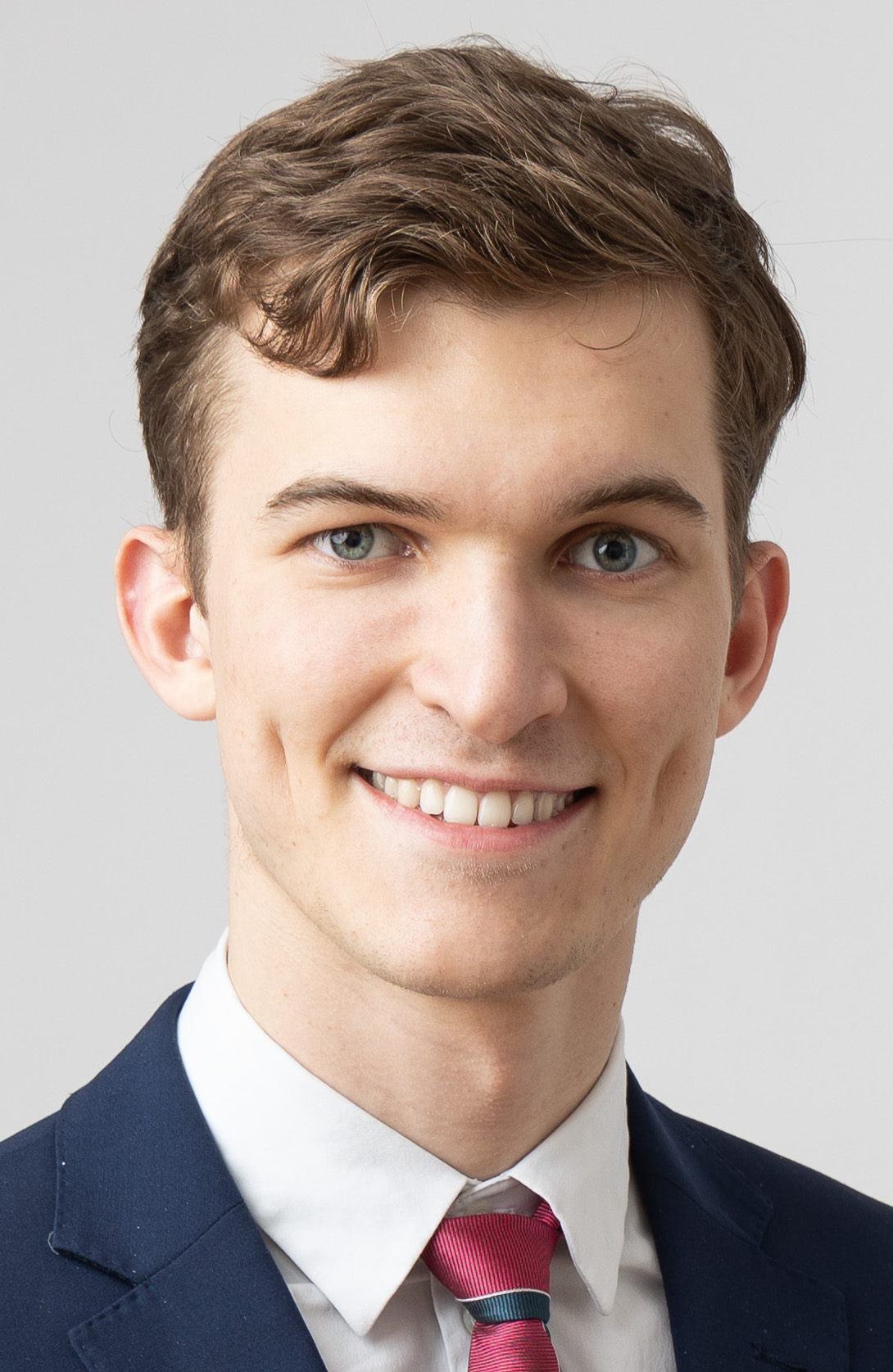
Zeke Coady
- Scholar
- Australia
- 2022 PhD Chemistry
- Girton College
Carbon capture, utilisation and storage (CCUS) is one of several clean energy technologies that must be deployed globally to minimise the effects of climate change on future generations. However, the CCUS methods currently in use are inefficient and uneconomical due to the difficulty of selectively capturing carbon dioxide from mixtures of gases. I plan on addressing this by investigating the mechanism of action for new electrochemical CCUS systems. Understanding these reactions will mean we can build cheaper, more effective, and longer-lasting CCUS systems. My interest in zero-emissions technology stems from my time working on freight and electric vehicle policy as a public servant in the Australian federal government, which taught me the importance and difficulty of decarbonisation from a technological, economic and political perspective.
Aaron Coble
- Alumni
- United States
- 2005 PhD Computer Science
- King's College

Aaron Coble
- Alumni
- United States
- 2005 PhD Computer Science
- King's College
My academic research at the Computer Laboratory in Cambridge focused on the application of formal methods for mechanised proof to the domain of computer security generally and privacy and anonymity specifically.
Benjamin Cocanougher
- Alumni
- United States
- 2016 PhD Zoology
- St Catharine's College
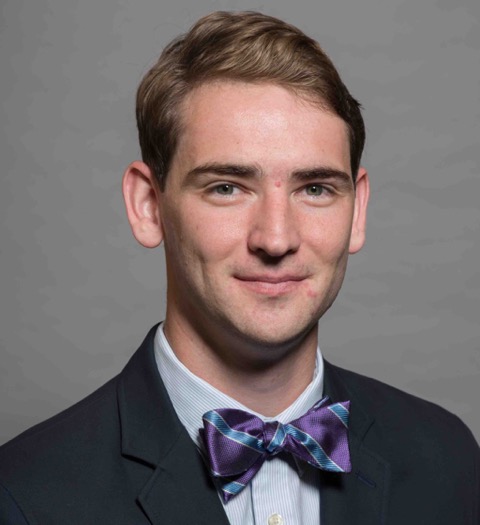
Benjamin Cocanougher
- Alumni
- United States
- 2016 PhD Zoology
- St Catharine's College
I grew up catching praying mantises and damselflies in rural Kentucky. As an undergraduate at Centre College, I majored in Biochemistry and Molecular Biology; I spent my summers taking care of sick children at the Center for Courageous Kids and doing research in organic chemistry and neuroscience. I matriculated directly to the University of Rochester School of Medicine and Dentistry and completed my first three years of medical school. I then moved to Janelia Research Campus as a HHMI Medical Research Fellow; there I studied the neural and genetic bases of behavior. As a PhD student in Zoology, I will study adaptive behavior. All animals integrate information about past experience into future decisions; this is the basis of learning and memory. I am proposing to write a specific memory and read the memory trace in the brain. I will use the fruit fly as a model organism. By understanding mechanisms of memory storage, we can begin to investigate changes in memory formation in disease; this may allow us to develop rational therapies for disorders of memory formation, including autism and Alzheimer’s disease. After completing my PhD, I will return to finish my last year of medical school and pursue a career as a child neurologist and neuroscientist, using my lab to better understand the patients I see in clinic.
Previous Education
Centre College
Thandeka Cochrane
- Alumni
- South Africa
- 2015 PhD Social Anthropology
- Magdalene College

Thandeka Cochrane
- Alumni
- South Africa
- 2015 PhD Social Anthropology
- Magdalene College
Born in Cape Town to a South African father and a German mother, I have always been deeply aware of how culture affects the way in which we think and value knowledge. Throughout my undergraduate degree at the University of Cape Town I was drawn to exploring the ways knowledge is deeply implicated in relations of power, where certain knowledges and ways of knowing are privileged over others and the impact this has on addressing questions of inequality and social injustice. As a Commonwealth Scholar at doing an MPhil in Intellectual History at Cambridge, I explored the ways in which Scottish Enlightenment thought impacted upon narratives around slavery and emancipation in nineteenth century South Africa. After completing my Cambridge MPhil, I decided to shift my focus from history to anthropology, with the desire to be involved in more engaged academia. For my MSc in Social Anthropology at the University of Amsterdam I conducted three months fieldwork in Malawi studying Early Childhood Development (ECD) centres in rural villages and the ways in which these centres are embedded in asymmetrical power/knowledge relations which privilege outside and ‘expert’ knowledge above that of the community. During my PhD at Cambridge I hope to further explore the ways in which unequal power/knowledge constructions are embedded in ‘development’ focused literacy projects, by examining the import of children’s fantasy and fairytale literature into rural communities and the asymmetrical relations of power within which these are embedded.
Previous Education
University of Amsterdam
University of Cambridge
Joshua Cohen
- Alumni
- United States
- 2012 MPhil Computational Biology
- Trinity College
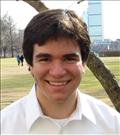
Joshua Cohen
- Alumni
- United States
- 2012 MPhil Computational Biology
- Trinity College
Growing up in the suburbs of Atlanta, Georgia, USA, I loved to tinker. Naturally, my predilection for building (and at times, unintended destruction!) steered me towards exploring the field of engineering. I recently graduated from the Massachusetts Institute of Technology with a degree in Chemical-Biological Engineering and have aspirations to explore the interface of biology and engineering as a future physician-scientist. At Cambridge, I will pursue an MPhil in Computational Biology to gain formal training in applied mathematics so that I can better apply mathematical modeling and computational methods to tissue engineering research. After my year in the UK, I will enroll in the MD-PhD Program at the Johns Hopkins University School of Medicine to train as a physician-scientist. Ultimately, as a future physician-scientist, I aspire to develop innovative therapeutic technologies and translate them from "bench to bedside" and in doing so, help make regenerative medicine a reality.
Previous Education
Massachusetts Institute of Technology S.B. Chemical-Biological Engineering 2012
Alessandra Colaianni
- Alumni
- United States
- 2013 MPhil History and Philosophy of Science
- Clare College

Alessandra Colaianni
- Alumni
- United States
- 2013 MPhil History and Philosophy of Science
- Clare College
I'm a third-year medical student at Johns Hopkins, and ever since I started medical school I have been fascinated by ethical and anthropological aspects of medicine. In particular, I am interested in the transformation of medical students into doctors, changing historical concepts of the "professional code" of medicine, and how physicians and medical students can use narrative essay to reflect on emotionally intense or disturbing experiences. I am also curious about what happens to doctors who break the professional code, and about aspects of existing medical culture that may paradoxically make it more difficult for physicians to behave ethically. While at Cambridge I look forward to exploring these issues through the Department of Social Anthropology.
Ben Cole
- Alumni
- United States
- 2011 MPhil Advanced Computer Science
- Trinity College
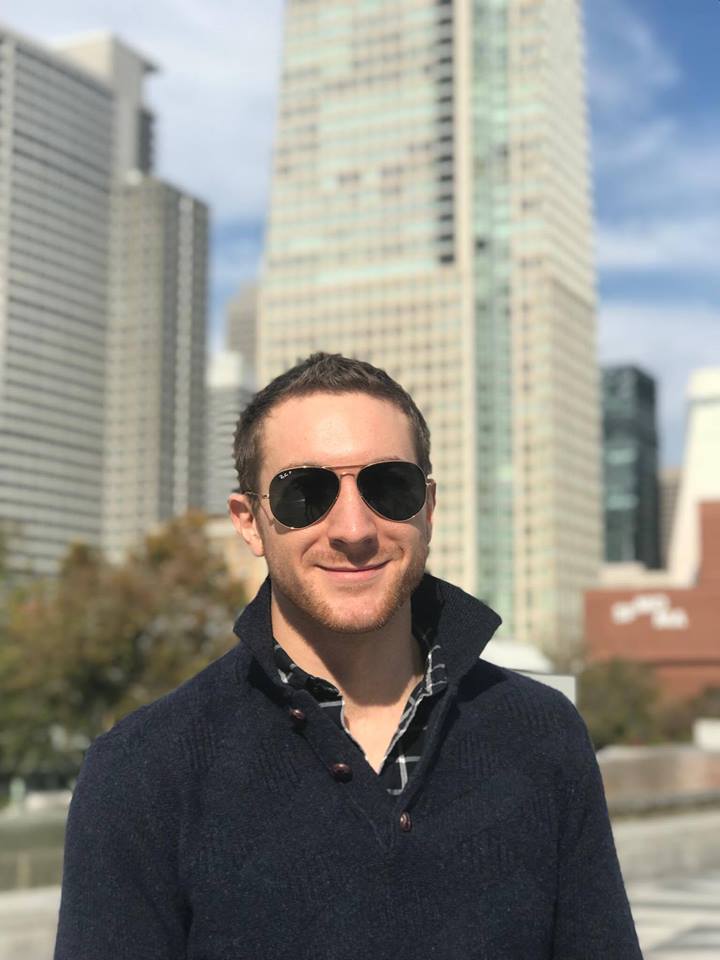
Ben Cole
- Alumni
- United States
- 2011 MPhil Advanced Computer Science
- Trinity College
Ben Cole matriculated at Cambridge as a Gates Scholar in 2011, where he was a member of Trinity College and served as the Communications Chair for the Gates Scholars Council. Before Cambridge, Ben was a Technology Pioneer for Google's emerging markets team and a data scientist at Facebook. Since graduating, Ben has worked as a product manager and product strategy consultant at a wide range of organizations including Google.org, Kickstarter, and a number of startups. In his spare time, Ben has enjoyed acting at the Metropolitan Opera of NY, serving as a driver in President Obama's motorcade, and hosting events in NYC and the Bay Area.
Previous Education
Cornell University
Links
https://linkedin.com/in/bencole
https://www.huffingtonpost.com/author/ben-cole
Camille Cole
- Alumni
- United States
- 2012 MPhil Historical Studies
- Trinity Hall
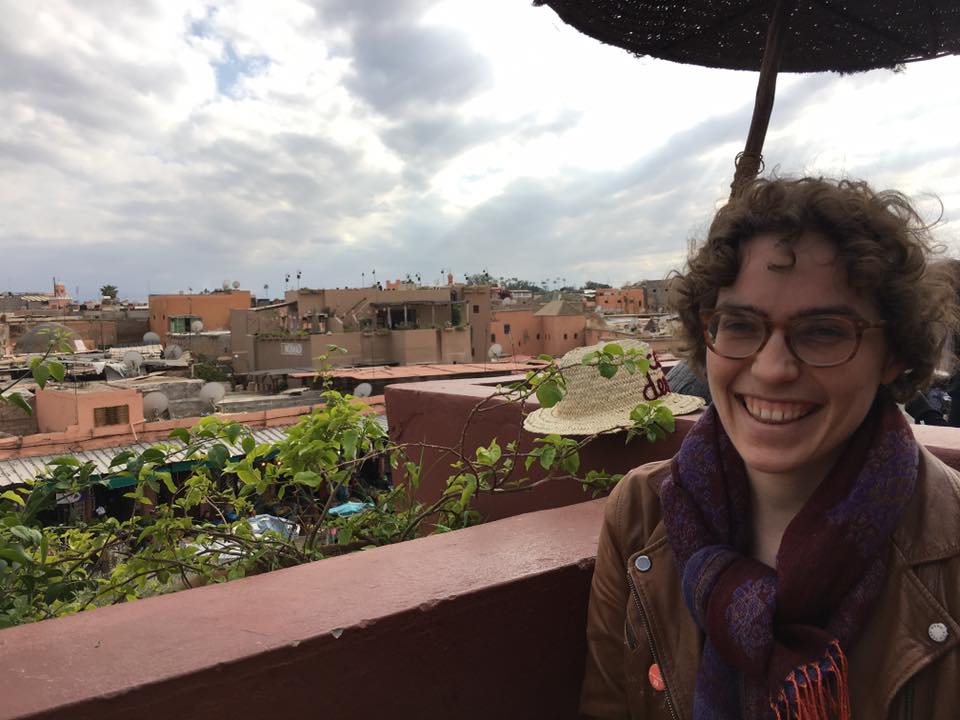
Camille Cole
- Alumni
- United States
- 2012 MPhil Historical Studies
- Trinity Hall
After completing my MPhil at Cambridge, I received a PhD in history from Yale University. My dissertation, "Empire on Edge: Land, Law and Capital in Gilded Age Basra," looked at the accumulation strategies of elites in a changing legal and geopolitical context between the Ottoman, Qajar, and British Indian states. I have since returned to Cambridge for a JRF at Jesus College (2020-2023) where I am working on a project on the transnational history of concessions, and on turning my dissertation into a book manuscript.
Yasemin Cole
- Alumni
- United States
- 2020 PhD Medical Science @ CIMR
- Darwin College
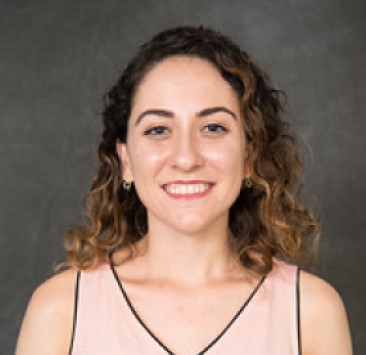
Yasemin Cole
- Alumni
- United States
- 2020 PhD Medical Science @ CIMR
- Darwin College
As an undergraduate researcher at UNC at Chapel Hill and NIH, I gained a broad understanding of biological mechanisms underlying disease, especially cancer. My experiences while designing an undergraduate course, research work, and clinical volunteering sparked my interest in genomics and precision medicine. My coursework and clinical experiences during my master's in genomic medicine at Imperial College London demonstrated to me the potential of precision medicine to revolutionize healthcare. As an MD/PhD student, I will study the genomic landscape of paragangliomas, pheochromocytomas, and gastrointestinal stromal tumors at the NIH and the University of Cambridge. Through metabolic, epigenetic, and functional genomic studies, I hope to elucidate the biological underpinnings of these devastating neuroendocrine tumors, leading to advancements in prognostication and treatment. Outside the lab, I will continue my involvement in scientific outreach/education and refugee health. I am honored to be part of the multidisciplinary and collaborative Gates Cambridge community seeking to improve global society. As a future physician-scientist, I aspire to translate scientific advancements into precision medicine diagnostics and therapeutics.
Previous Education
University of North Carolina Medicine 2026
Imperial College London (University of London) Genomic Medicine 2017
The University of North Carolina at Chapel Hill Biology 2016








